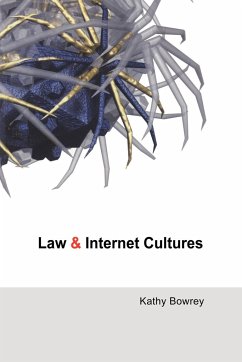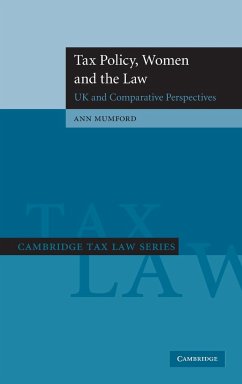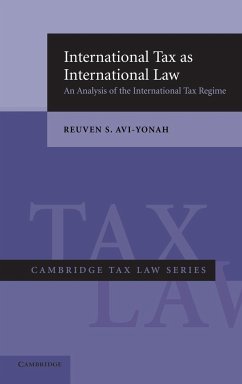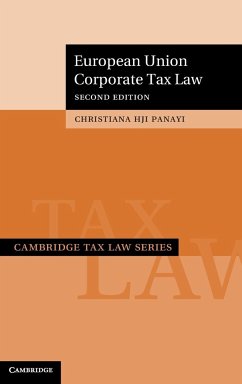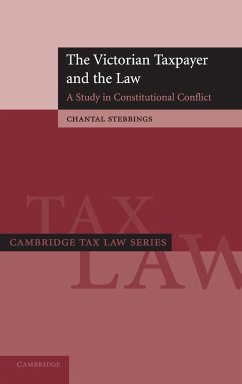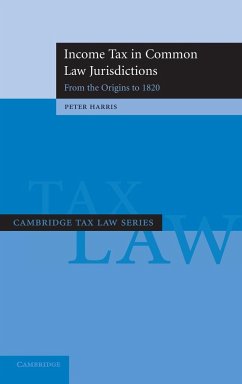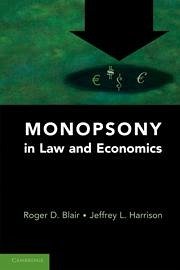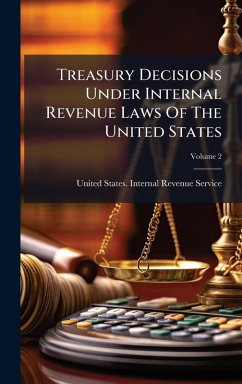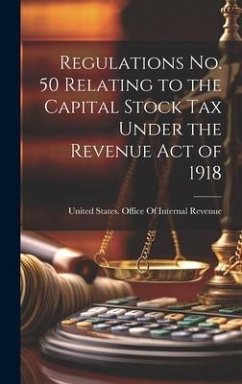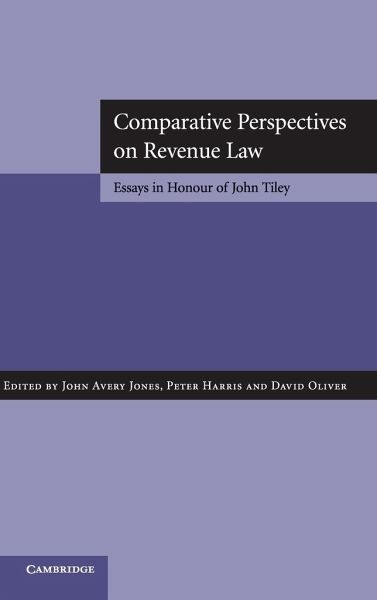
Comparative Perspectives on Revenue Law
Versandkostenfrei!
Versandfertig in 1-2 Wochen
119,99 €
inkl. MwSt.

PAYBACK Punkte
60 °P sammeln!
Dedicated to the work of John Tiley, the premier tax academic in the UK for more than two decades, this volume of essays focuses on two themes that, among others, inspire the writings of Tiley. The first of these themes, tax avoidance, involves using tax law in a manner that is contrary to legislative intent. The second of these themes, taxation of the family, involves proper identification of the tax subject and is therefore one of the fundamental structural features of income tax. Drawing on historical precedent, academic excellence and personal experience, the importance of Tiley's contribu...
Dedicated to the work of John Tiley, the premier tax academic in the UK for more than two decades, this volume of essays focuses on two themes that, among others, inspire the writings of Tiley. The first of these themes, tax avoidance, involves using tax law in a manner that is contrary to legislative intent. The second of these themes, taxation of the family, involves proper identification of the tax subject and is therefore one of the fundamental structural features of income tax. Drawing on historical precedent, academic excellence and personal experience, the importance of Tiley's contribution to the tax field is identified through contributions by some of the world's most influential tax writers.





